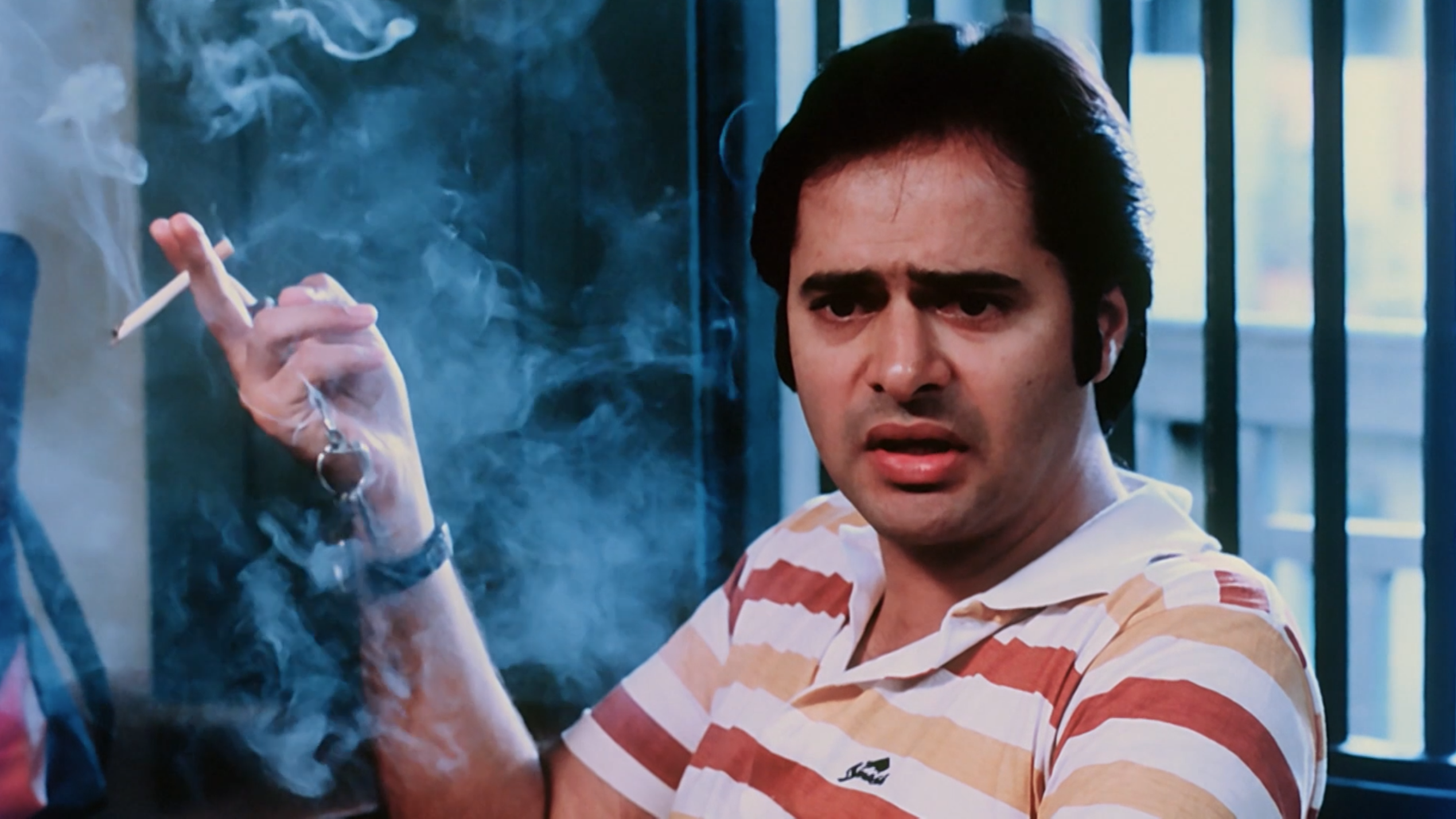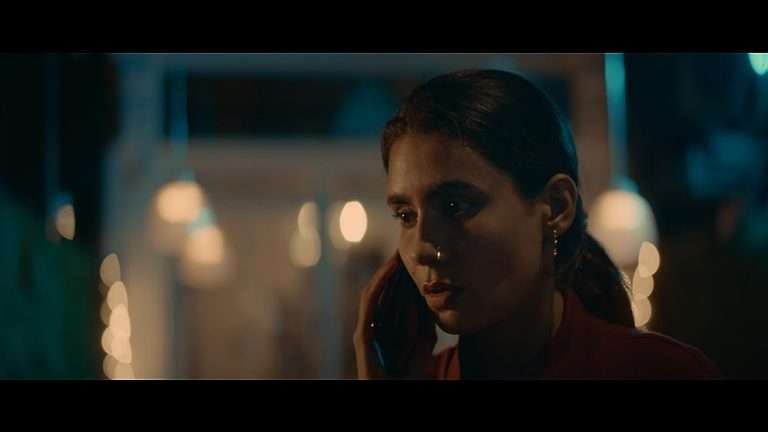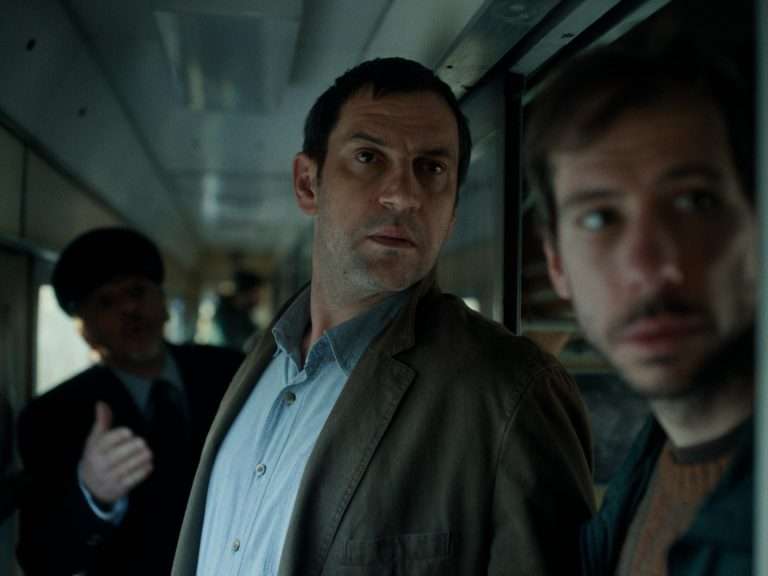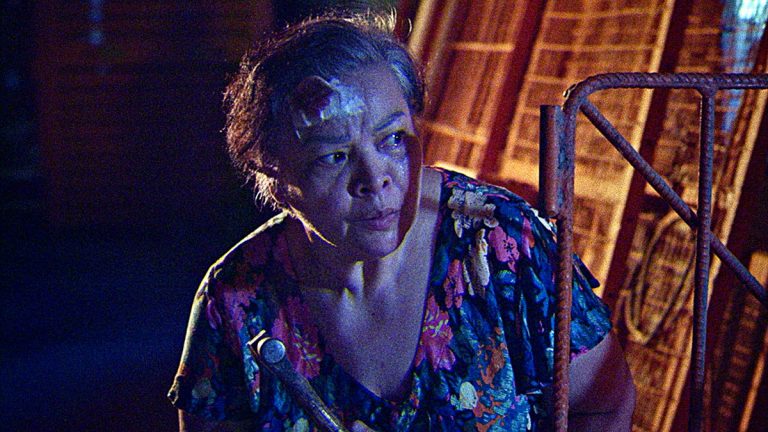Sai Paranjype’s ‘Katha’ opens with the age-old story of ‘The Hare and the Tortoise.’ Only this time, the results are not like the story all of us have grown up with. The slow-and-steady Tortoise doesn’t win the race, but the Hare does. Paranjype, in her memoir, reveals that the idea of the film came to her after she saw a Marathi play of the same name by S.G. Sathe and felt like it was dated and doesn’t really work in the present world we live in.
‘Katha,’ which literally translates to ‘Story,’ is set in a Mumbai-based chawl (even though Paranjupe shot it in Pune)—a structure that doesn’t need a world beyond it because it is a world of its own. There are many colorful characters inside this chawl that work on the philosophy of ‘love thy neighbor,’ as in anyone, and everyone knows everyone and anyone who lives there. There’s not much privacy where you live because you can literally walk in and out of houses until you are newly married and need that ‘alone time.’
Among the characters of the said chawl, which comprises of this old Bapu who just keeps on asking things from others because, well—he is old, an old grandmother who tells tales to young kids, and a middle-aged man who is always rushing to the loo, is our protagonist Rajaram P. Joshi (Naseeruddin Shah)—the epitome of goodness.
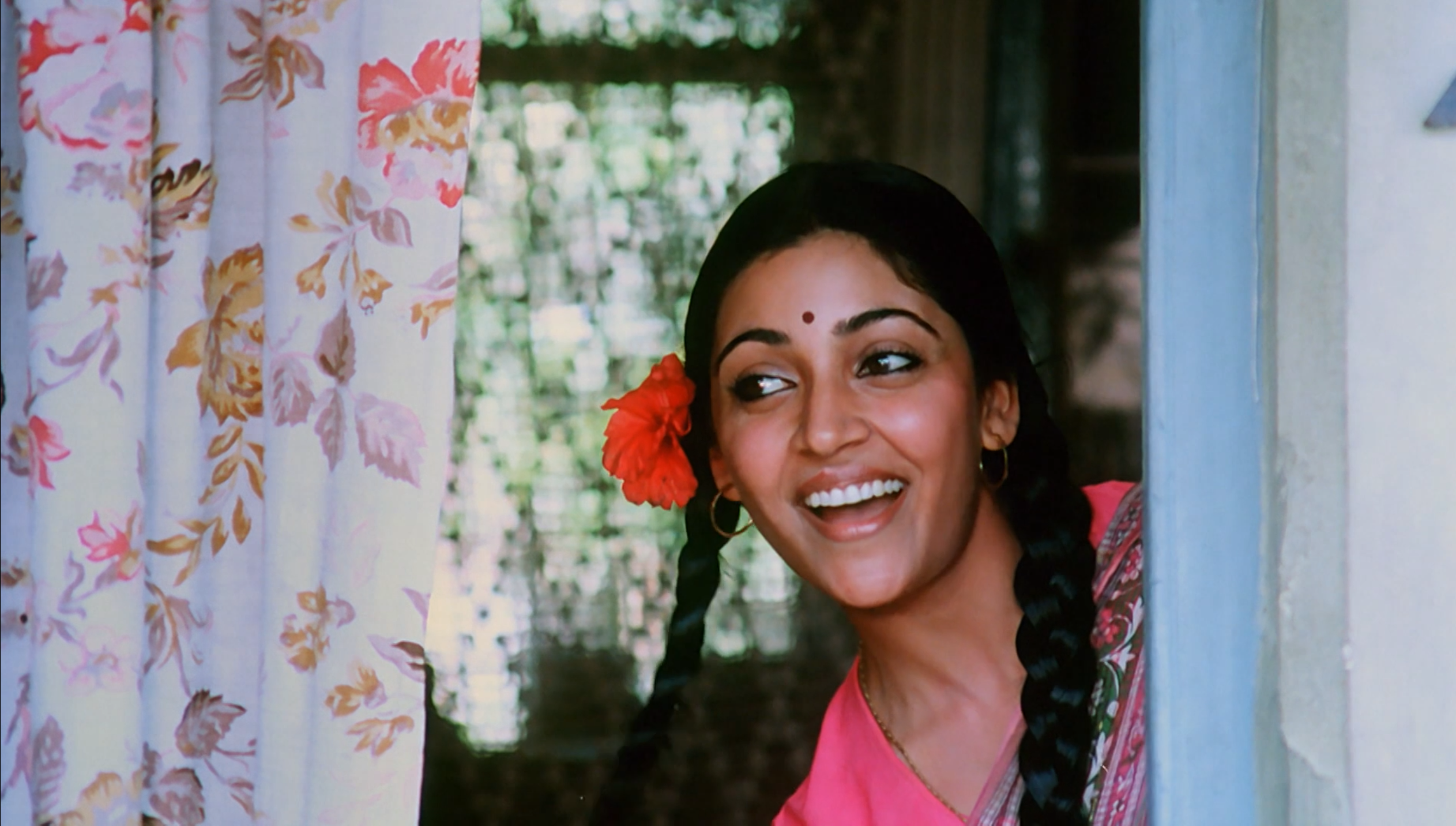
He works at a white-collar job and does what they call ‘gadha majdoori’ really well. For him, working extremely hard and being in his boss’s good books is the most important thing in the world. He is a really kind person who secretly has a thing for Sandhya (Deepti Naval), our heroine, but doesn’t have the audacity or the words to convey it.
Enters Bashu, a.k.a Vasudev Bhat (Farooq Shaikh), an old mate of Rajram who is the polar opposite of our hero. He is an out-and-out ladies’ man who lies through his teeth, cons people to get his way, and exhumes charisma like no other. Everyone in the chawl, including Sadhya, is smitten by him. What Bashu knows is getting his way. Even the seemingly diligent grandmother is not able to see through his thick veil of deceit. He is THAT good.
“By Naming the character Bashu, an inside joke on her first producer and then CBFC board chairman Basu Chatterjee, Paranjpye feels a sense of respite in ‘Katha’ after facing many challenges with the censor board for her film ‘Chashme Baddoor.'”
Bashu slowly takes over Rajaram’s room, then his office space, and then over Sandhya. Like the goodman that Rajaram is, he just gets angrier inside, never for once pointing out what an asshole Bashu is for playing with the emotions of the young girl that he likes. What really struck me off the square was Rajaram going out of his way to donate blood to an unknown person but not having the audacity to tell his friends to back off. It felt flimsy at first, but upon introspection, his inability to do so felt palpable and very real. He is not someone who confronts you until and unless you are in the way of their livelihood. So, in spite of being haunted by this, he keeps mum.
His friend, on the other hand, charms his way into the lives of three different women – one of whom feels underage, and his action, while never specified – feels extremely problematic. In hindsight, I, as a viewer, feel like he should be punished for his action, but in ‘Katha,’ that never happens.
However, this isn’t a tale where that ‘supposedly’ evil person like Bashu gets booted out of the story and Rajaram wins. In fact, in spite of his lying, conniving nature coming to the foreground, he escapes to the next episode—finding his next prey and winning another race. Rajaram’s inherent goodness does get him Sandhya, but only after she falls in love with Bashu.
So, in the new world we live in, the ‘supposed’ evil is still the one that wins, while we are left on the sidelines witnessing their wins.
